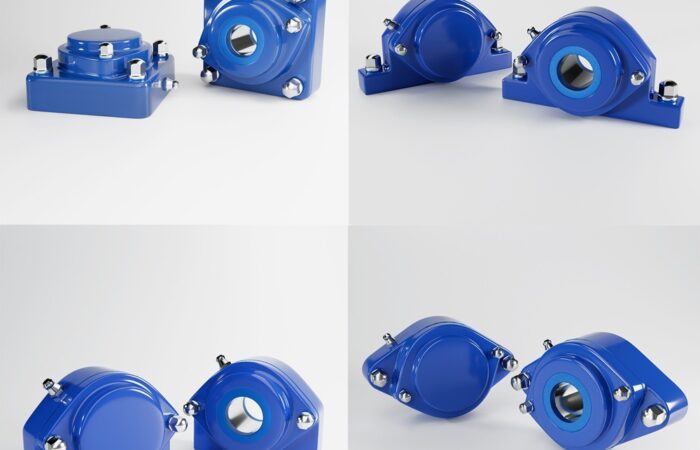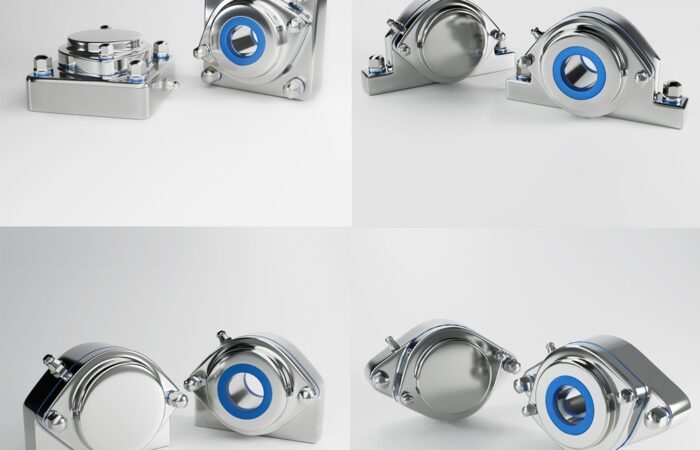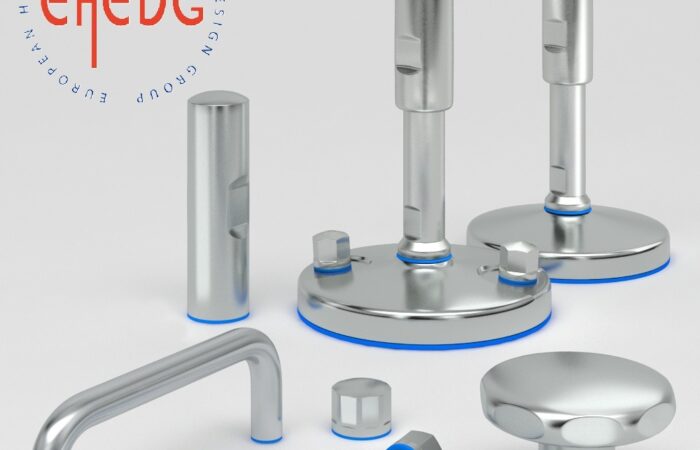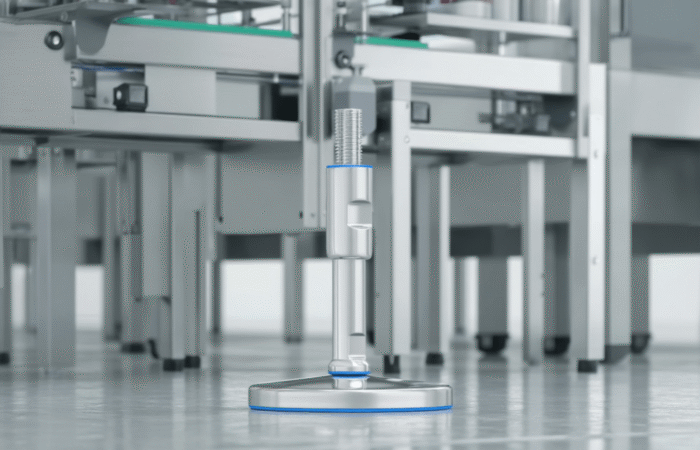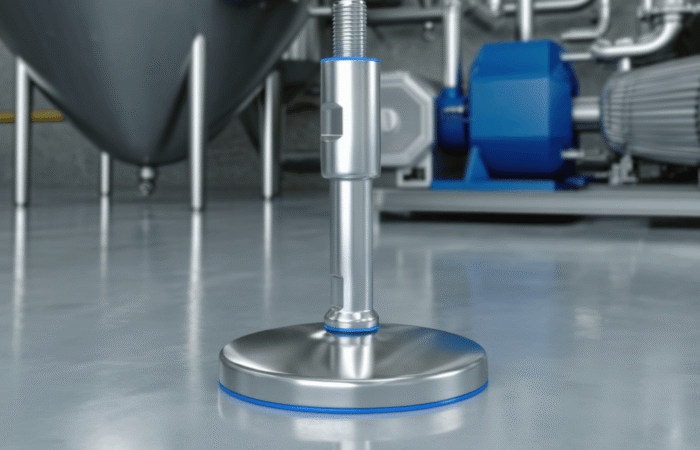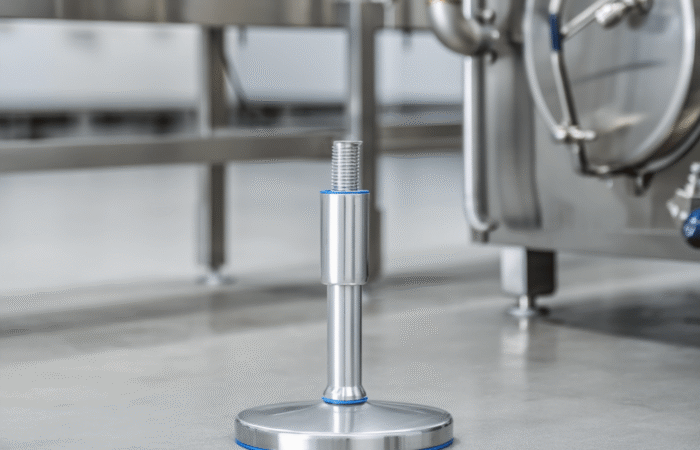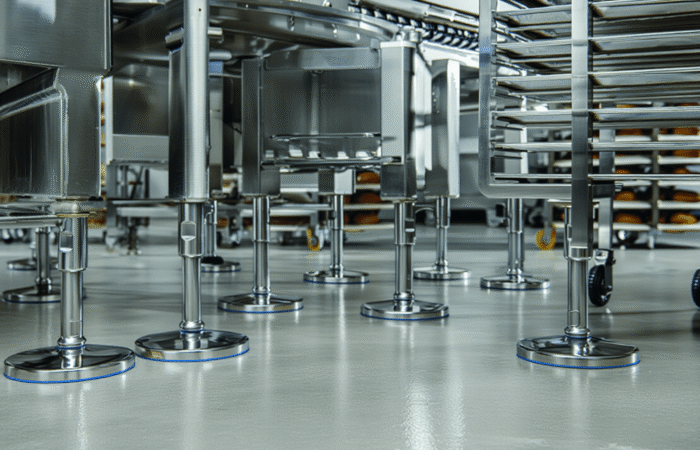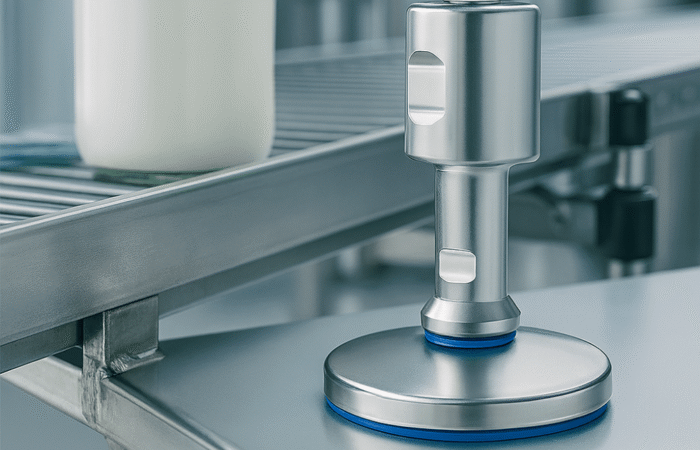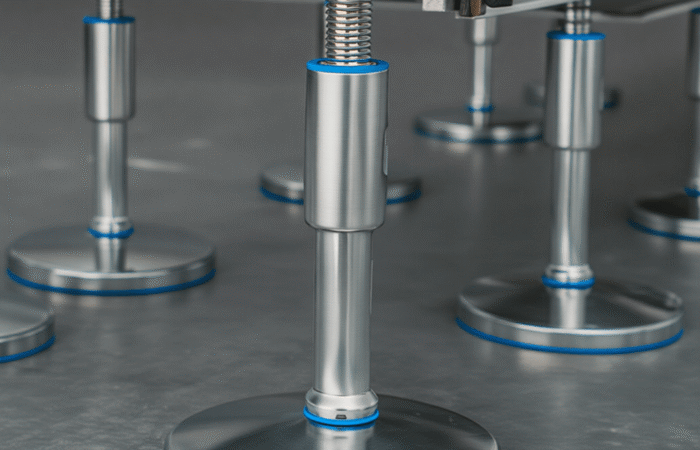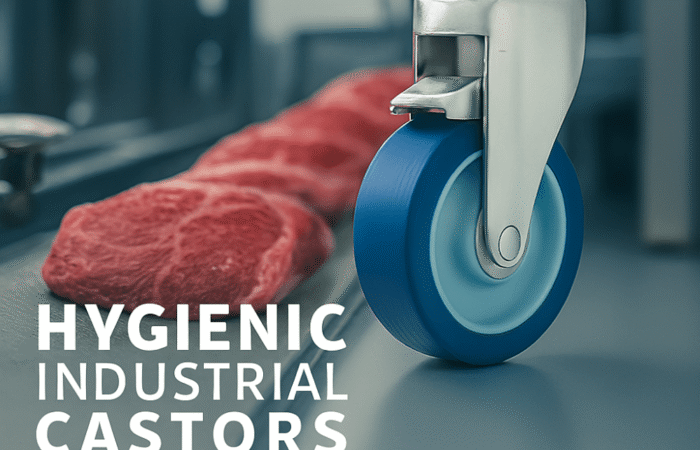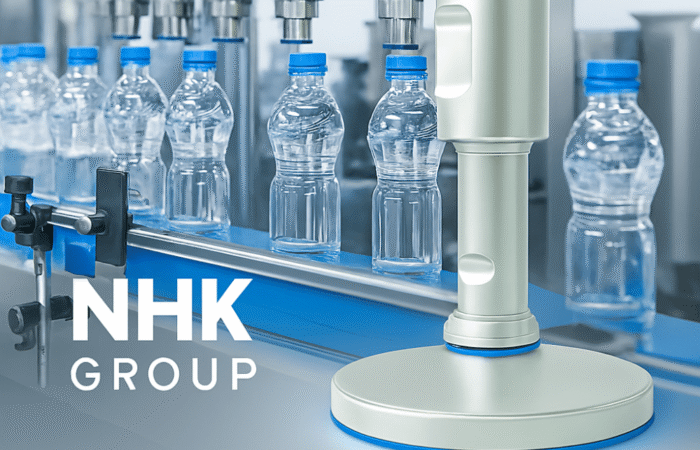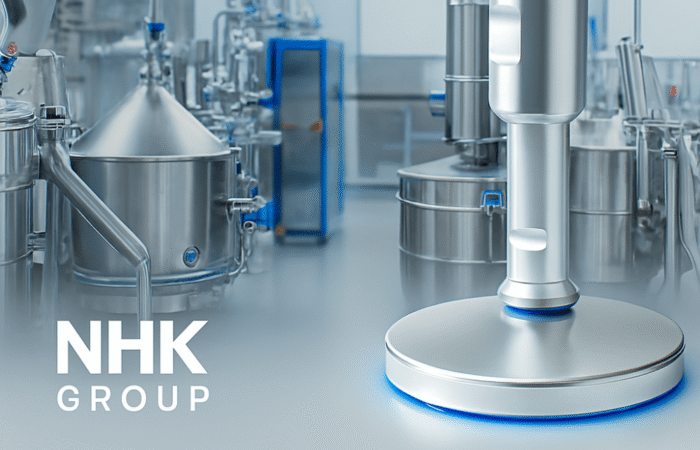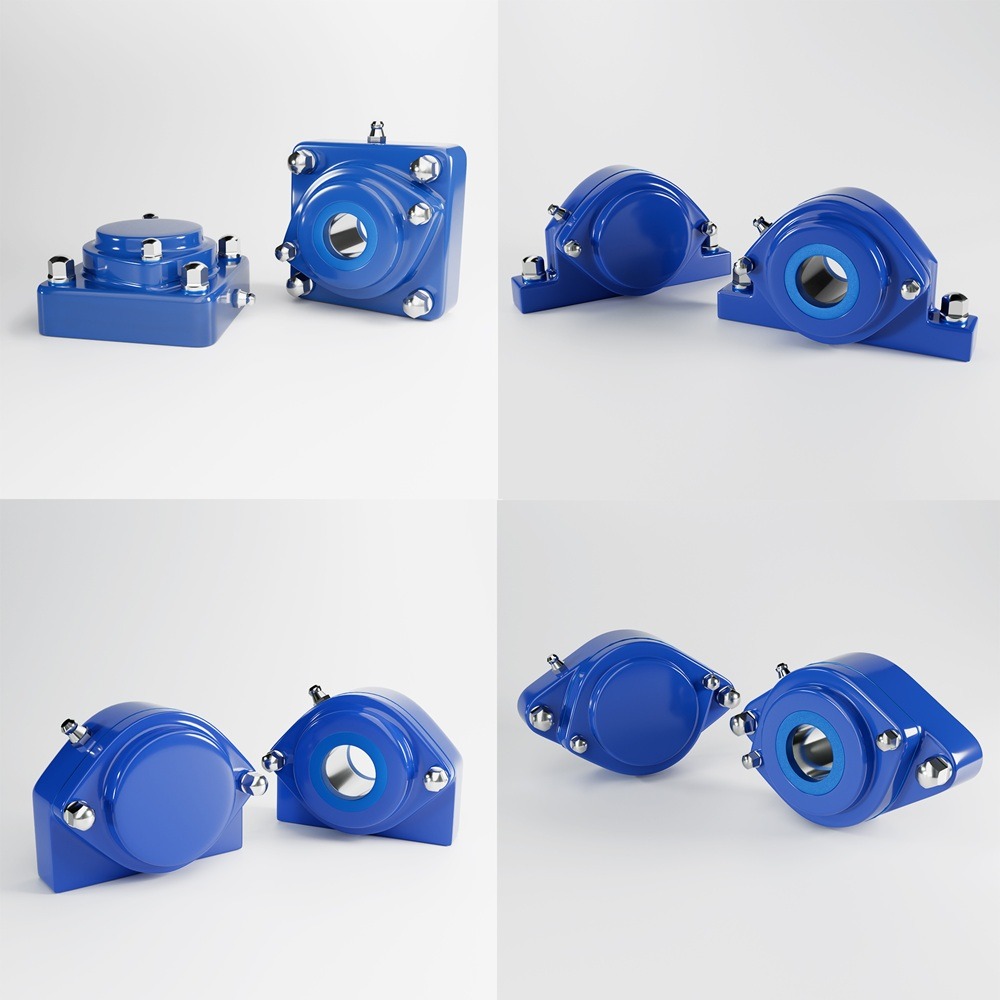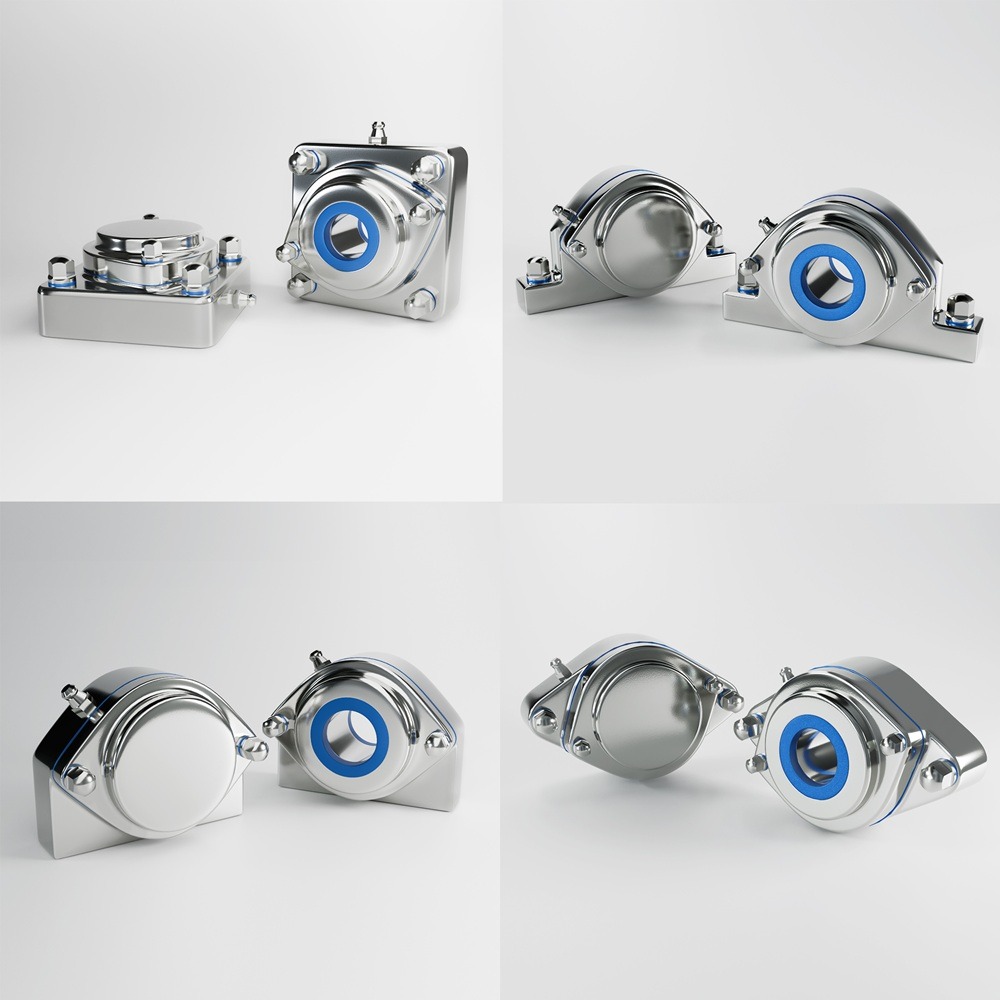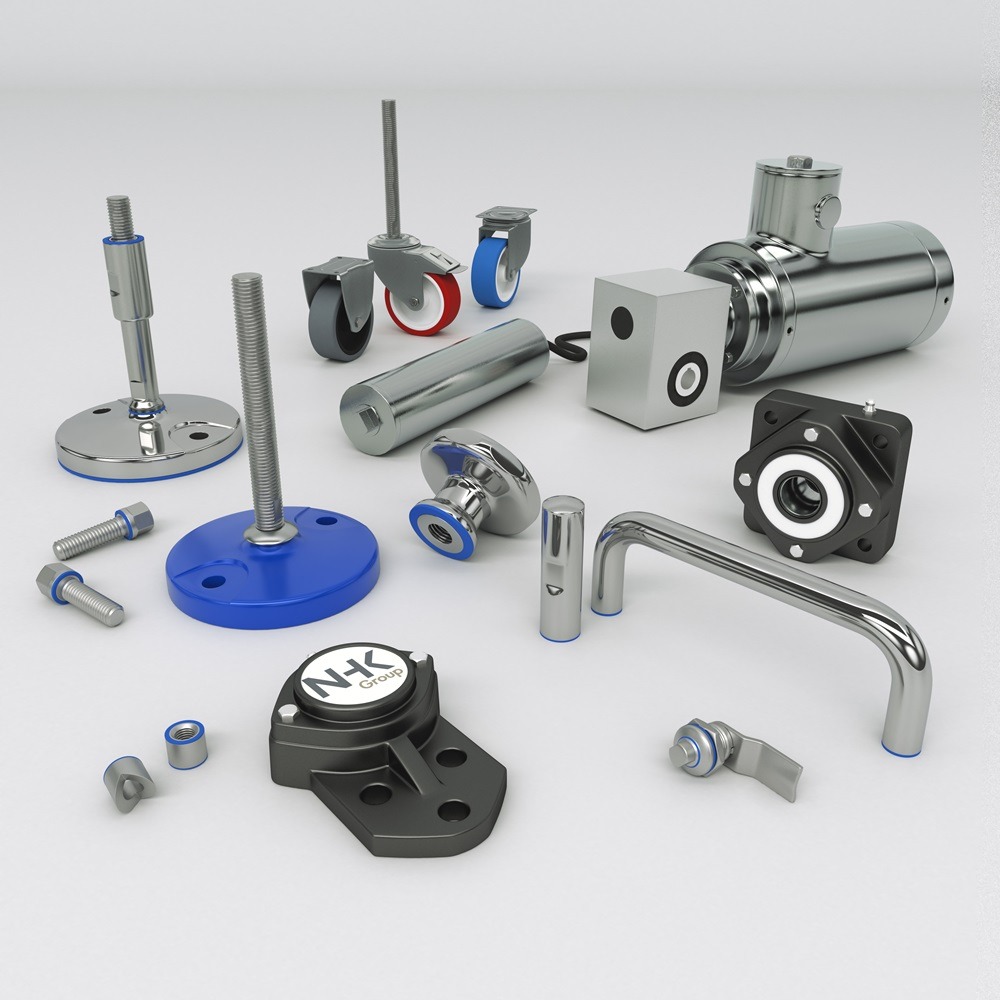
Stainless Steel Conveyor Components across Industries
Stainless steel conveyor components are transforming the efficiency and hygiene standards across various industries, from food processing and packaging to pharmaceuticals and biotechnology. These industries rely on conveyor systems to streamline production while meeting stringent regulatory standards. Leveraging strategic planning and development with stainless steel conveyors, companies can maximize productivity, safety, and durability. Stainless steel has become an industry standard for many sectors due to its unique benefits. Here are some core advantages: Stainless steel conveyor components offer unique advantages across various industries, enhancing strategic development in production, safety, and quality control. Strategic planning with stainless steel conveyor components goes beyond durability and hygiene. Companies can unlock additional value by optimizing their production lines with modern stainless steel conveyor systems. Conveyors are highly customizable, and stainless steel components allow manufacturers to design systems tailored to their exact needs. Industries can configure these components to suit varying weights, speeds, and temperatures, meeting diverse product requirements. Stainless steel conveyors are compatible with Industry 4.0 technologies, enabling businesses to integrate IoT sensors for real-time monitoring. This innovation allows companies to gather data on system efficiency, track wear and tear, and automate maintenance alerts, minimizing downtime. Beyond immediate operational benefits, stainless steel conveyor components contribute to long-term sustainability and cost savings. Strategic planning with stainless steel conveyor components is a valuable approach for companies across diverse sectors, from food and pharmaceuticals to biotechnology and chemical processing. These components deliver unmatched durability, hygiene, and efficiency, aligning with modern standards and consumer demands. By investing in stainless steel conveyors, companies ensure their production lines are not only compliant with safety regulations but also optimized for long-term growth and sustainability. Embracing these stainless steel solutions allows businesses to future-proof their operations, meeting the needs of today and preparing for tomorrow’s challenges. Industrial machinery requires precision-engineered components that meet exacting standards for durability, safety, and performance. This comprehensive guide explores the essential machinery parts that drive modern manufacturing across food processing, packaging, and chemical industries. Understanding the difference between Pillow Block Units and Flange Bearing Units is crucial for engineers and procurement professionals seeking to optimize equipment longevity. Pillow block bearings, also known as plummer blocks, are self-aligning bearing units that simplify installation and significantly reduce maintenance costs. These versatile components mount on machine frames and support rotating shafts with exceptional precision, ensuring smooth operation in demanding industrial environments. Flange bearing units offer a more compact alternative, featuring integrated flanges that enable direct mounting to flat surfaces without additional hardware. Both designs come in various materials, including stainless steel grades optimized for corrosive environments and food-grade applications where hygiene is paramount. The importance of material selection cannot be overstated in machinery design. 440 Stainless Steel and 420 grades offer distinctly different properties suited to specific applications and environmental conditions. The 440 stainless steel variant provides superior hardness and exceptional edge retention, making it ideal for cutting tools and high-wear applications requiring maximum durability. Meanwhile, 420 stainless steel offers better corrosion resistance and is preferred in food processing equipment where chemical exposure is common. Hygienic stainless steel components have become essential in food machinery, meeting EHEDG standards and facilitating rapid equipment cleaning required in modern food production facilities. Understanding ingress protection ratings is equally critical for machinery durability and operational reliability. IP67 rating ensures protection against dust and temporary water immersion, while IP68 rating provides complete dust protection and sustained water immersion capabilities for submerged operations. The IP69K standard represents the highest protection level, specifically designed for high-pressure wash-down environments found in industrial food processing facilities. These ratings define how effectively machinery components withstand environmental challenges and maintain performance. Modern industrial facilities increasingly demand equipment that combines high performance with ease of maintenance and sanitation. The choice between different bearing types depends on operational requirements, environmental conditions, and budget constraints. Proper component selection ensures extended equipment lifespan, reduced downtime, and improved operational efficiency.Strategic Planning and Development with Stainless Steel Conveyor Components in Multi-Industry Applications
Key Benefits of Stainless Steel Conveyor Components
Enhanced Hygiene and Cleanability
Durability and Resistance to Harsh Environments
Improved Aesthetic and Professional Appearance
Strategic Planning in Industry-Specific Applications
1. Food Processing and Packaging
2. Pharmaceutical and Medical Industries
3. Pet Food and Baby Food Industries
4. Cosmetics and Personal Care
5. Chemical and Biotechnology Industries
Optimizing Production with Stainless Steel Conveyor Components
Customization for Specific Applications
Integration with Industry 4.0
Planning for Sustainable and Cost-Effective Growth
Reduced Environmental Impact
Long-Term Cost Savings
Enhanced Worker Safety
Strategic Planning and Development with Stainless Steel Conveyor Components in Multi-Industry Applications
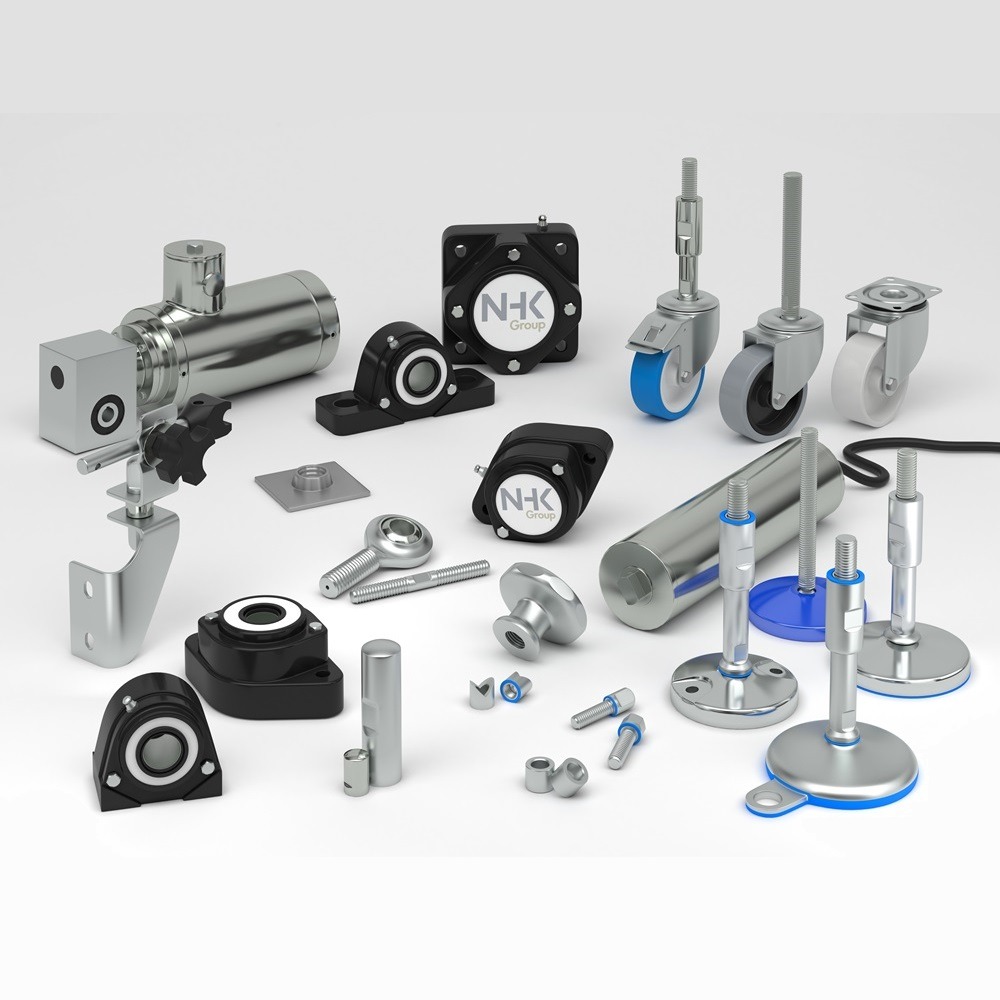
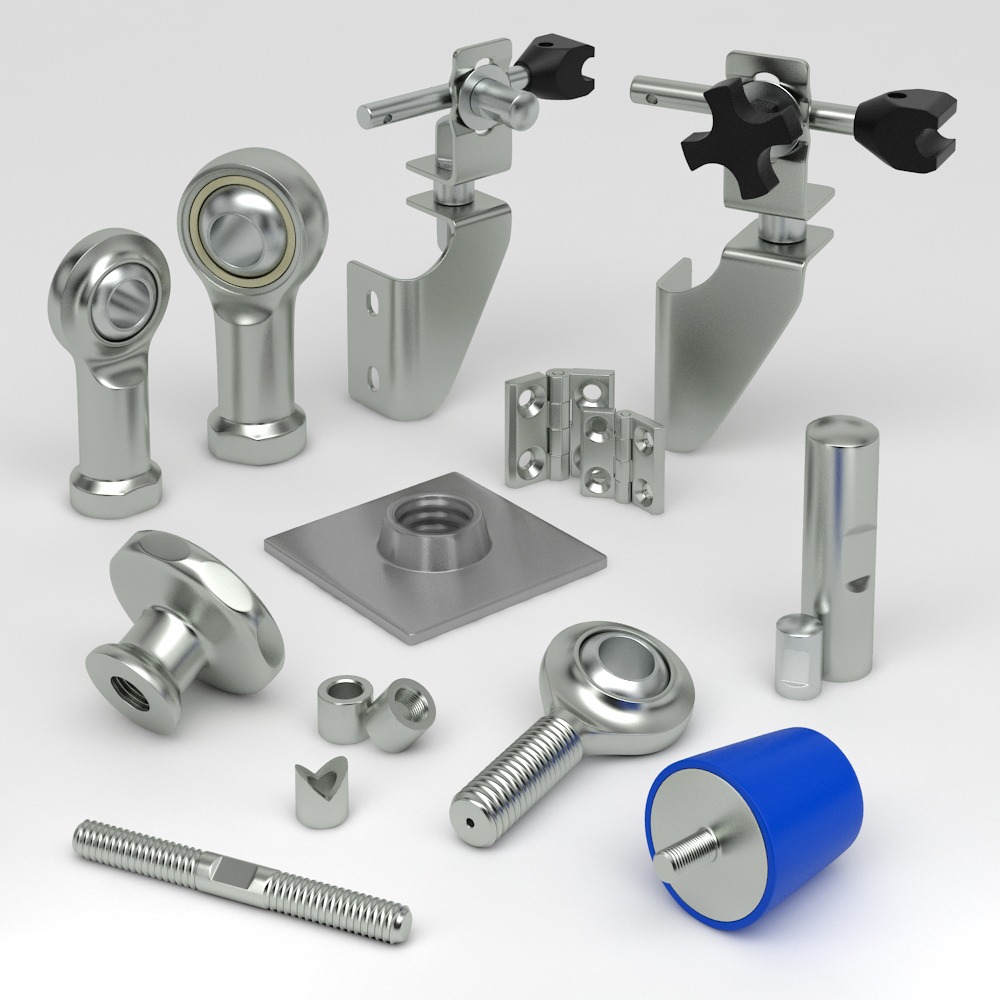
Contact
Understanding Machinery Components & Protection Standards
